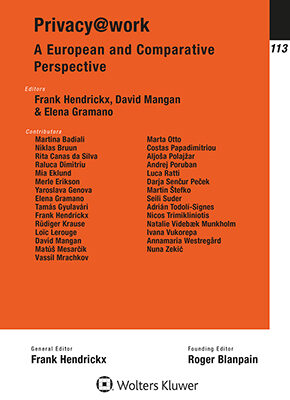Why the right to privacy is central in the global workplace
Considering “privacy@work” In their article of 1890, Warren and Brandeis wrote of a “right to be let alone”. Nowadays, the right to privacy has become a fundamental right, recognised in many international human rights instruments (including Article 12 of the Universal Declaration on Human Rights, and Article 17 of the International Covenant on Civil and…



